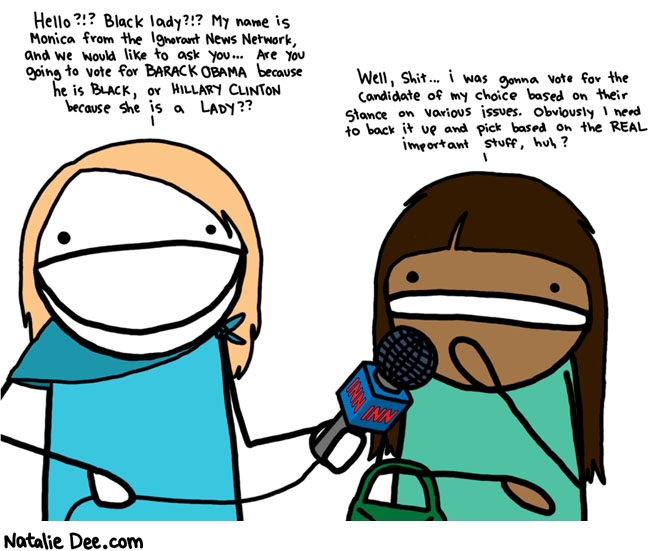How to vote in an election: 7 simple steps
 Voting can be tough. Sometimes it seems easiest to throw our hands up and simply not do it. Especially when the choice comes down to the lesser of the evils, and we see little of our own values and attitudes reflected in political parties. And I’m not just talking about their attack ads, with all the petty finger pointing and playground petulance.
Voting can be tough. Sometimes it seems easiest to throw our hands up and simply not do it. Especially when the choice comes down to the lesser of the evils, and we see little of our own values and attitudes reflected in political parties. And I’m not just talking about their attack ads, with all the petty finger pointing and playground petulance.When we vote, we have a lot to think about. What are our values? What vision do we have of
It’s easy not to look for too much information about the parties, their platforms, and individual candidates. We already suffer from information overload, and it seems news and campaign ads do a good enough job getting us the information we need to make informed voting decisions. Except they don’t.
To guide you through the voting process, here are a seven simple steps you can follow that will minimize your aggravation, curb your disgust and increase your personal satisfaction.
- Stop watching or reading campaign ads. Seriously. Hit the mute button, turn the page, do a song and dance. Campaign ads are either a) self-aggrandizing, full of exaggeration and half truths, or b) smear jobs, full of exaggeration and half truths and often completely devoid of context. All this overinflated ego and disparaging negativity has gotta be bad for a person.
- Don’t pay so much attention to election stories in the news. The news isn’t really that much better than a party’s paid ads. It is still biased, and in some ways can be more dangerous than ads. Because it is, after all, the news, and we still like to believe it gives us nothing but the truth. I'm not saying avoid it altogether, just don't put too much stock in what it does have to say. And sometimes what the news doesn’t cover is just as important as what it does cover.
- Decide what is important to you for this election. There are lots of issues to choose from, from the fate of CBC to childcare to the state of the economy. This is where the news falls short, because it often focuses on issues raised by those running for office and doesn’t do much lip service to other issues. For example, I don’t think I’ve seen anything about internet billing in relation to the election on the airwaves.
- Compare your values to political parties’ values. This actually involves a little bit of work on your part. Go online and find each party’s election platform. That’s where they say what their plans for our country are if they get into power. Don’t reject each platform out of hand, because you could end up rejecting them all! In the end, you might end up having to decide which platform you find least offensive. If you’re still having trouble, give the Vote Compass a try to see which party’s views are most like yours: http://www.cbc.ca/news/politics/canadavotes2011/votecompass/
- Learn about the candidates in your riding. Visit www.elections.ca and enter your postal code under Voter Information Service to find out who your candidates are. Go to each of their websites. See what others in the community say about them, find out about their community involvement, and discover what plans they have for your community. Try not to let the parties they belong to shape your opinion of each candidate.
- Stack your options up against one another. Maybe there’s a clear winner. If so, you’re lucky. If not, you may have to resort to writing lists of pros and cons, digging deeper for more information, doing some real hard thinking and soul-searching, or consulting a gypsy-shaman-witch doctor. Whatever works for ya.
- Vote. Then go treat yourself to an ice-cream. Or a tasty microbrew or shot of fine whiskey. You deserve it, responsible, informed voter that you are.



0 Comments:
Post a Comment
<< Home